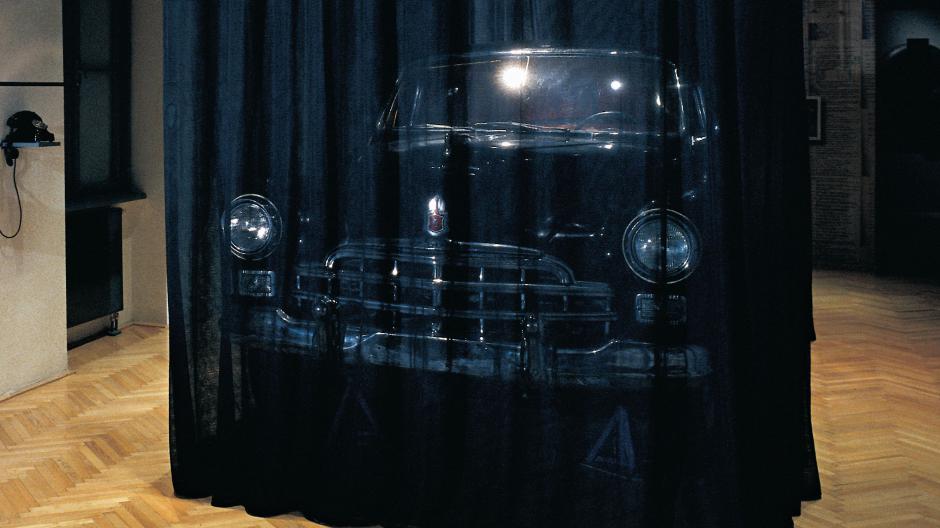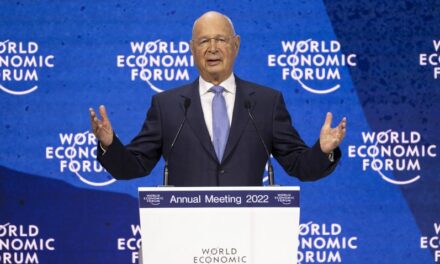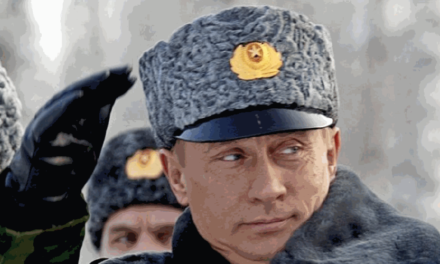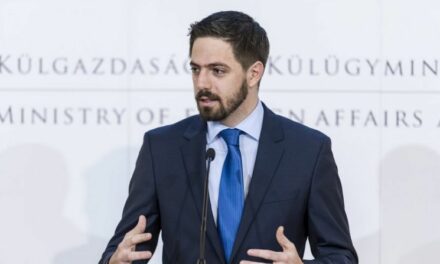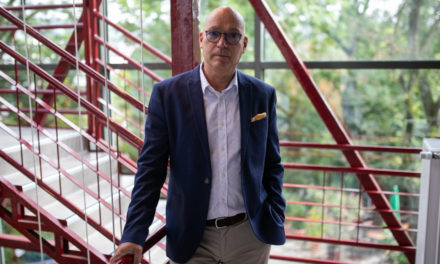The Rákosi system was quite bitter, not only great poverty, ticket system, but also fear characterized the era. This was the age of black cars arriving at night, and the Avos in leather jackets.
"Sine ira et studio" - without anger or bias - wrote Tacitus in the introduction to his Annales, referring to Nero, who was compulsively glorified while he was alive, but after his death his enemies smeared all the dirt on him, including that he burned Rome to get inspiration for his poetry. But even Tacitus himself could not write impartially in the end, today's historiography judges Nero more favorably than Tacitus who lived in the age of the generation that followed him, although two thousand years had to pass.
Of course, the historians should not be blamed, since they only want to live up to their age, which in many cases is also a prerequisite for making a living, and we can hardly dispute their right to do so. I myself can recall the events of more than seventy years, I have lived through several regime changes, and I believe that I have some experience in judging the discrepancy between reality and its reflection or reflection in the memory of posterity.
For example, I learned about the Horthy system as "Horthy fascism", written in lowercase. It contained nothing but the persecution of Jews, the imprisonment and execution of honest communists, and the exploitation of the working people. Andor Andor Gábor's poem Orgovány probably had to be learned, because I still remember some of its lines: "This is the forest, which, when the wind blows, / Terrifies me and hides horrors (...) A forest of reality and yet a horror story: / This is Horthy governor's orchard".
It was only much later, already at the Planning Office, that I learned from older colleagues who had already worked in government offices in the thirties that other things had happened in the Horthy regime besides the persecution of Jews, including the restoration of the country, which had been mutilated in an unprecedented way, in less than 15 years. A decade and a half after Trianon, the country embarked on the path of rapid development, and we became at the forefront of the world in many industrial fields, such as machine manufacturing and pharmaceutical production.
The Rákosi system was quite bitter, not only great poverty, ticket system, but also fear characterized the era. It was then that the class enemy was displaced, this was the age of black cars arriving at night, the Ávós in leather jackets. "Educators" visited the houses and convinced people of the correctness of the "Party's" policy.
On one occasion, they also rang our doorbell, my mother opened the small window, and when she found out who they were and why they had come, she just said: we agree with everything, and quickly closed the window. The people outside did not wait for anything else, they continued. It was then that the teapots were violently organized, the peasants were beaten and placed next to a hot stove, the memory of which haunts me to this day.
But did something else happen? Yes, a high degree of social mobility, in which social strata were given the opportunity to advance, for whom the room for maneuver was much narrower before, education was broadened, and health insurance became common. The Pioneer Railway was also built at that time, a great experience of my childhood, which fortunately was kept during the regime change, only renamed. If only the background of Hungarian industry and researchers would have been this way!
Back in the days around the regime change, there was a debate as to whether the Russians liberated the country or occupied it. Someone then said that, no matter what one judges, the arrival of the Russians was a liberation for him, because he was freed from a concentration camp or a ghetto. Can we question this perception? We must acknowledge that there is as much history as there are people who have lived through it, and as many of them are canonized as there are historians. We have to accept that other people have different opinions about the same thing, the same historical event.
Why did all this come to mind? Despite my better convictions, I went on Facebook more out of compulsion, just to get a sense of the opinions of the people of the Internet, which of course is mainly limited to those with whom we know each other from somewhere, and unfortunately they tend to be from my age group. But even so, one can perceive the spirit that may surround next year's elections, and within that, the fact that the election will not be decided on the basis of real economic debates, but on emotions. Even narrower, I was prompted to write this article by a post in which the opposition appeals to the "people of Kádár" for support in next year's elections.
Although a significant part of the generations that lived in the Kádár era will no longer be voters in 2022, the number of those who go to vote may still be considerable, and if I remember correctly, in 2002 the result depended on only six thousand votes, so the people of Kádár matter in the elections. In particular, in a perhaps not so old survey, János Kádár turned out to be perhaps the third most significant leader of a thousand years.
It is clear to me what next year's election will actually be about: handing over the country to globalist forces, letting in migrants, favoring the gender lobby, or protecting the country's relative independence and independent decision-making capacity. However, this will not be reflected in the minds of the majority of the population, but simple slogans that affect emotions will dominate, for example, "they steal", "Orbán is a dictator", "there is no democracy" and the like.
If we look at it professionally, the ancestor of today's opposition, the Hungarian Socialist Party, was not a left-wing party at the time of its birth, and it is not now either (this is not disputed by left-wing intellectuals, by the way). In fact, we can "thank" all the troubles of the country, the indebtedness of the seventies, the privatization that destroyed the country's economy, the indebtedness of the 2000s, including the indebtedness of the population in foreign currency to the governing forces behind the MSZP (neoliberal economists), and if the MSZP itself ceases to exist , the guard behind him will remain, and they would take control in the colors of today's opposition, which is already indicated by the change of mayor in Budapest.
On the other hand, the Orbán government, both in the period between 1998 and 2002 and in the period starting from 2010, essentially sought to consolidate the country's economy and partially recover the assets privatized abroad, not to mention protecting the country from mass migration. This is true even if the government can be criticized on many other issues. In fact, Fidesz, which positions itself on the right, pursued a left-wing economic policy, while the parties calling themselves left-wing pursued a right-wing one. That is why left-leaning voters have no interest whatsoever in electing today's opposition, but this must be understood with them, and here I would return to historical judgments.
János Kádár, who was put on our necks by the Soviet army that crushed the revolution, was initially hated by the vast majority of the country (but in hindsight, which of the four would have been better: Münnich? Kossa? Apró?), and the execution of the freedom fighters, which we thought were an order of magnitude greater in number at the time, was terrible. .
But economic growth of 5.5 percent per year for twenty years began, which was the most dynamic period in Hungarian economic history, and the great majority of the population reached an East-Central European bourgeois level (largely thanks to the dynamic development of agriculture, because it gave the dollar market a significant part of products that can also be sold). From the second half of the sixties, the population could travel to the West, albeit every three years and with only seventy dollars.
The jobs were stable and life was predictable, which is why in 1994, after the failure of the Antall government, the population voted back the MSZP by 54 percent, and therefore the "people of Kádár" tend to vote for parties that classify themselves as left-wing. At the same time, we should know that they are not supporters of globalization, foreign rule, migrants, or gender propaganda.
Therefore, in communication, it would be advisable not to talk about the left and the right, but about the globalist and nation-state side, which would also be a catchphrase for the older, left-voting group. Not addressing them would be more than a mistake, it would be a sin.
(The author is an economist, advisor to the National Forum)
Featured image: House of Terror

